So Does Marvel Hold the Rights to Spiderman Again

It was a mean solar day that broke the hearts of Curiosity Cinematic Universe fans everywhere; the twenty-four hours when the deal between Sony and Marvel Studios that allowed the Spider-Man franchise to hook up with the MCU was appear as defunct. Depending on who you talk to, factors on both sides of the argue were crucial to this massive failing, which felt all the more tragic considering the long route the character had traveled in his cinematic achievements.
The wild ride that saw Tobey Maguire, Andrew Garfield and Tom Holland each occupying and vacating the spider web-slinging role through various periods of time started way before their fourth dimension, and will undoubtedly continue to be interesting in this brave new globe outside of the MCU. So as a quick study guide, we've provided a nice, simple history every bit to how we got to this very point in Sony and Marvel'due south shared relationship with Spider-Homo, and where things might exist going in the future.
To start us off right, let'south go back to the halcyon year of 1977, where the primeval traces of Spider-Homo and Sony's history begin to crop up at the movies.
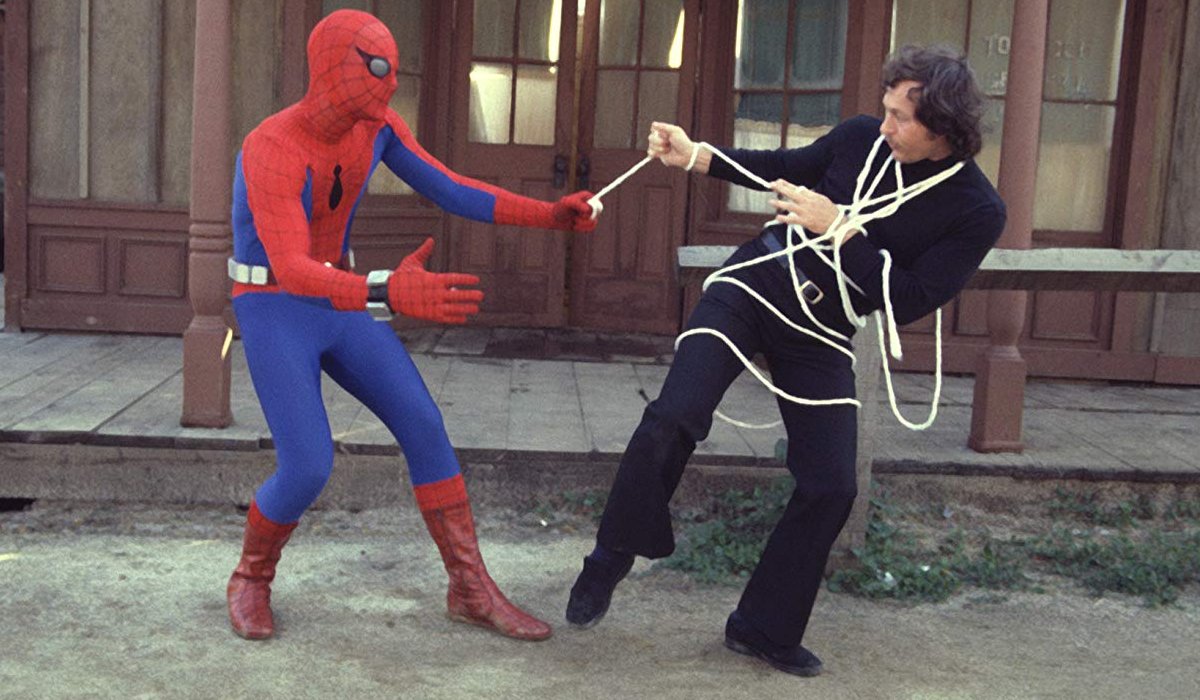
Spider-Man Swings Through Hollywood (1977 – 1999)
The early days of Spider-Man's cinematic history actually have some early on ties to the company that would lead the series to Sony's stewardship. Columbia Pictures Television, as well as Columbia Pictures proper, released edited packages of episodes from the '70s The Astonishing Spider-Human being TV prove for theatrical release. While this debut would be limited to international territories, it nonetheless started Peter Parker on his large screen odyssey, with other studios eager to pick upwardly the baton in its wake.
As far equally whatever proper theatrical motility pictures were concerned at this bespeak, development hell was Spider-Man's home betwixt 1977 and Sony's conquering in 1999. The big players that tried, and failed, to get things off the footing at this point were B-motion-picture show workhorse Cannon Films and MGM in its pre-Sony partnership with Carolco Pictures.
If the latter had worked out, James Cameron would have given the world its start Spider-Man movie; a fact that was most jokingly referred to in Spider-Man: Into The Spider-Verse. But as it stands, MGM would trade its stake in the rights to Spider-Man in a negotiation with Sony that would lead to Spider-Man and James Bail both landing in their current, comfortable homes.
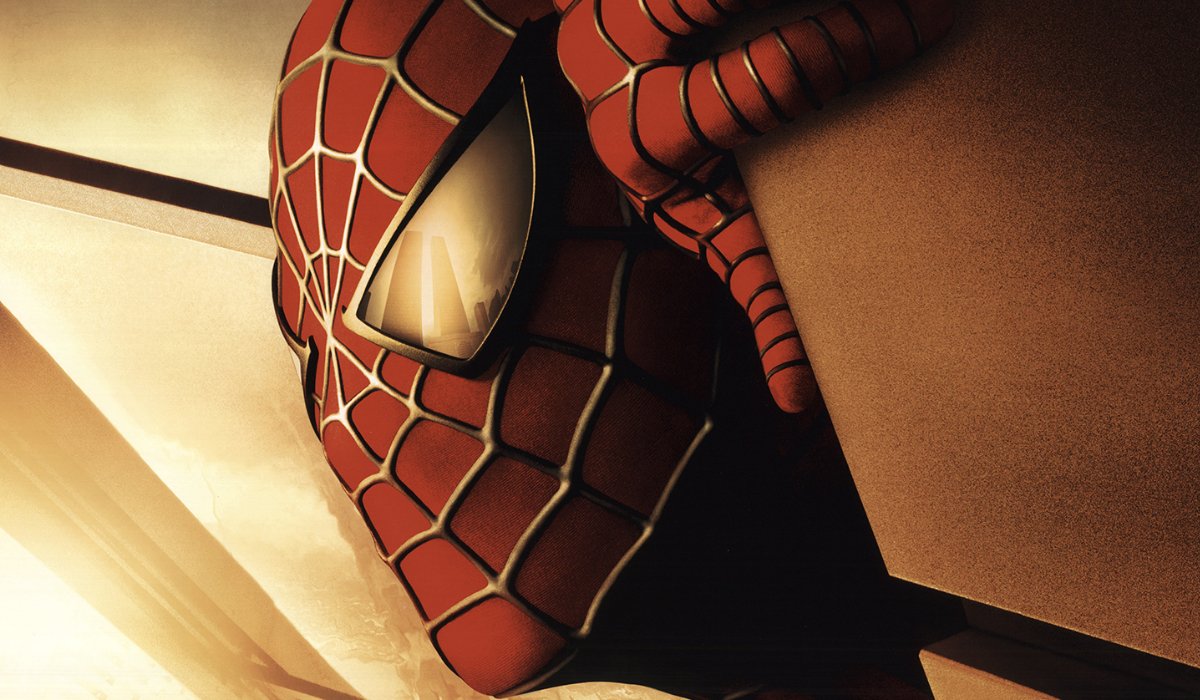
Spider-Human being Comes To Sony (1999)
One bargain was all information technology took for Spider-Man to become a subject area of Sony'due south flick empire, only information technology was a hell of a negotiation that made it official. In a world where Sony wanted to remake Thunderball for the modern era, and MGM wanted to make a Spider-Man moving-picture show, both studios had their own claims to each other's properties.
The solution to their woes was simple: MGM and Sony fabricated each other whole by trading off their respective rights to the franchises they were competing with. Which left Sony with an all clear to bring Spider-Man to the movies for the first fourth dimension ever. Through Columbia Pictures, Sony was at present set up to have a spin with Peter Parker at the movies.
Evolution began on what would go Sam Raimi's Spider-Human trilogy, with Tobey Maguire in the lead part of Peter Parker. It would simply be 3 short years before the earth would see what Peter could do at the movies, and information technology would be a moment that would alter comic movie history for the better.
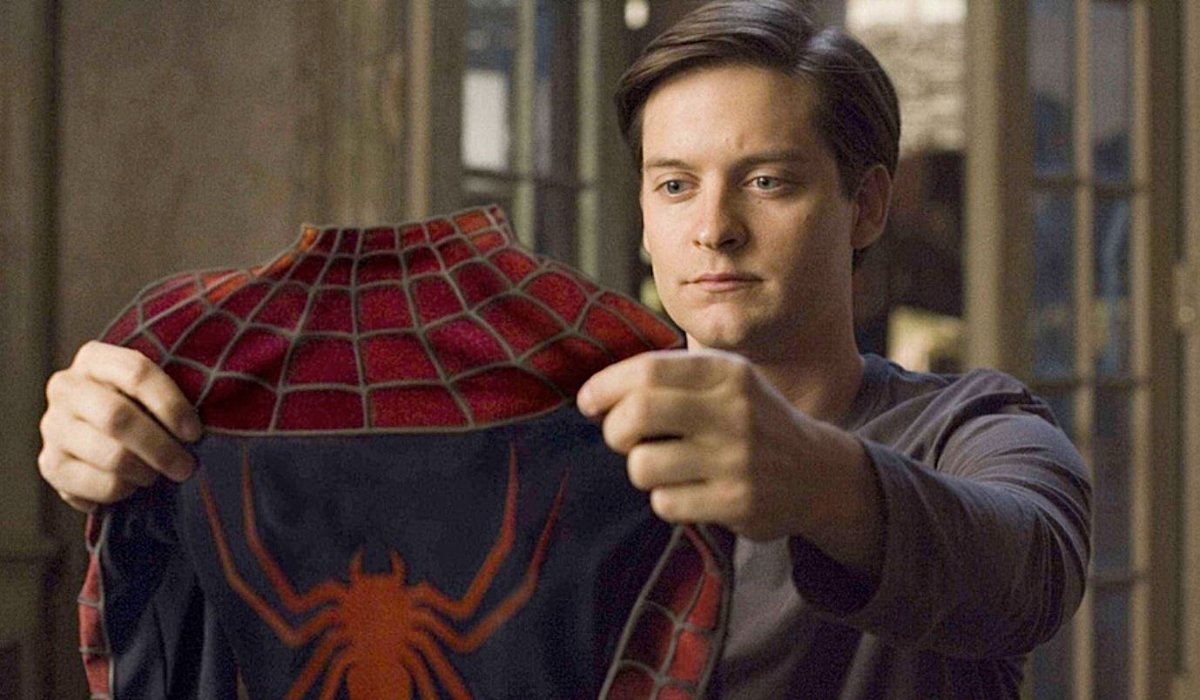
The Tobey Maguire Historic period Of Sony'due south Spider-Man (2002 – 2010)
Under the Sam Raimi/Tobey Maguire partnership, three films came to laissez passer: 2002's Spider-Man, 2004'due south Spider-Man 2 and 2007'due south Spider-Man three. $two.5 billion dollars' worth of worldwide box office rolled in with these three films, with the loftier water mark beingness Spider-Man 3's $890 million showing.
In a world where both Spider-Man and X-Men were redefining what it meant to exist a superhero pic, Sony had a hell of a money machine on its hands, with the last film of the trilogy introducing fan-favorite villain Venom to many eager movie fans. It felt like the studio was ready to branch out into what was once rumored to be a seven picture cycle.
Which is why the first setback to the Spider-Man franchise at Sony is so crushing. With development on Spider-Homo 4 collapsing into a heap of rubble in 2010, the flick that was supposed to introduce John Malkovich as The Vulture and Anne Hathaway as Blackness True cat vanished equally rapidly as information technology was dreamed upwards. And just as apace, Andrew Garfield's tenure was being discussed equally the new successor.
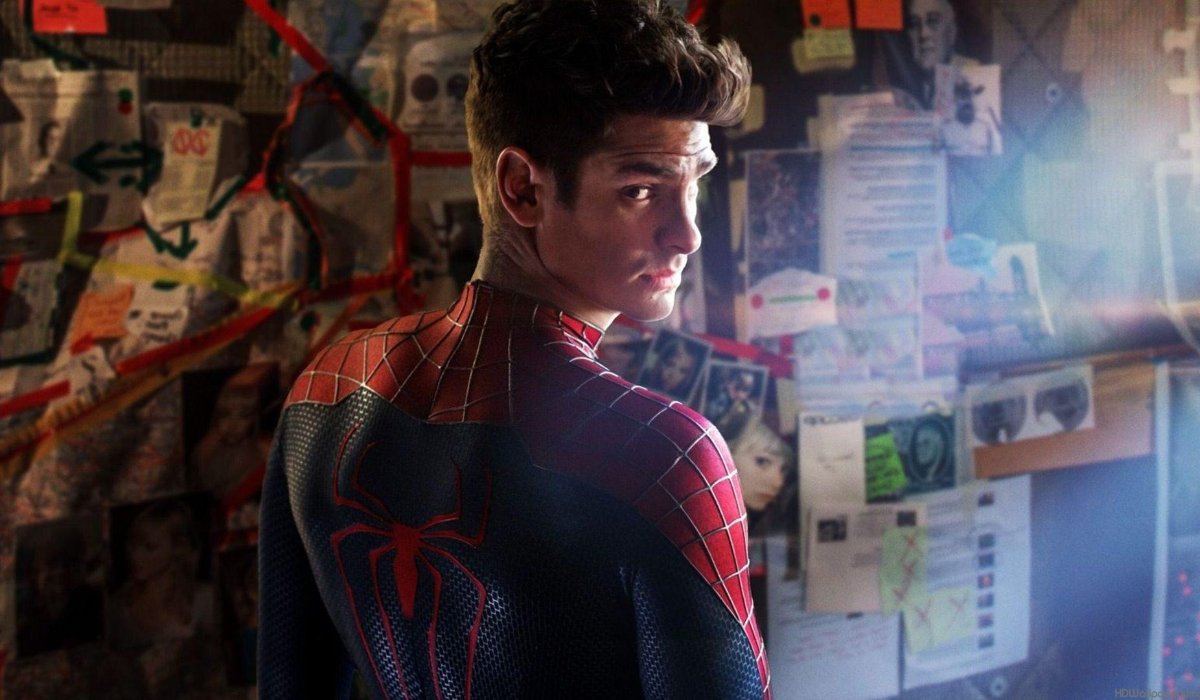
The Andrew Garfield Age Of Sony's Spider-Man (2010 - 2014)
2010 saw Sony trying to become dorsum into the Spider-Homo saddle as quickly equally possible, as development on a franchise reboot went into action. What would become 2012's The Amazing Spider-Man came to fruition, with manager Marc Webb being announced every bit the director only a couple of days afterward the news broke that Sam Raimi would helm Spider-Man no more.
And then instead of having Spider-Man four released on its intended May 5, 2011 release date, Sony would unveil The Astonishing Spider-Man on July 3, 2012. Every bit far equally franchise developments are concerned, turning effectually a stable trilogy of films into a brand new reboot, with only about a yr's difference in release dates, was unheard of.
Garfield, along with co-stars Emma Stone as Gwen Stacy and Sally Field every bit Aunt May, would meet The Amazing Spider-Man duology through four years of development, and about $1.5 billion in worldwide grosses. Only that wasn't enough to stem the tide of criticisms that weighed 2014'southward The Amazing Spider-Human being 2 down in a similar fashion to that of Spider-Man 3. Seen as an overstuffed superhero blunder, another ambitious spin on the Spider web led to a reversal of fortune. It wouldn't take long to abolish plans for a Sinister Half-dozen spin-off and direct sequel to Marc Webb's franchise, as Sony didn't wait to start dreaming up the third age of Spider-Man films under its roof. An era unfolded that would see Peter Parker, in a style, coming home to Marvel Studios.

The Tom Kingdom of the netherlands Age Of Sony/Marvel's Spider-Human (2014 - Present)
As early as December 2014 (a mere seven months after The Amazing Spider-Man 2'due south release), conversations between Sony and Marvel Studios were rumored to have taken place. Thanks to the massive email hack that hit the studio around that time, those rumors were verified. It took some initial stumbling in negotiations, only in 2015, Spider-Man was confirmed to exist entering the MCU with a debut appearance in Captain America: Ceremonious State of war.
Casting Tom Kingdom of the netherlands as a teenage Peter Parker, v films featuring Spider-Man would come out of this partnership between 2016 and the present, two of them being solo efforts. Between the three Avengers movies, also as Spider-Human being: Homecoming and Spider-Man: Far From Home, the Holland films take made an estimated $viii billion at the worldwide market place.
You'd call back the most successful run of Spider-Human films, with the longest running actor in the role, would be a recipe for continued success, wouldn't information technology? Then did the rest of the world. And yet, all the money and fame in the world couldn't stop the partnership from dissolving into an unsuccessful bid to re-up the understanding between Sony Pictures and Marvel Studios.
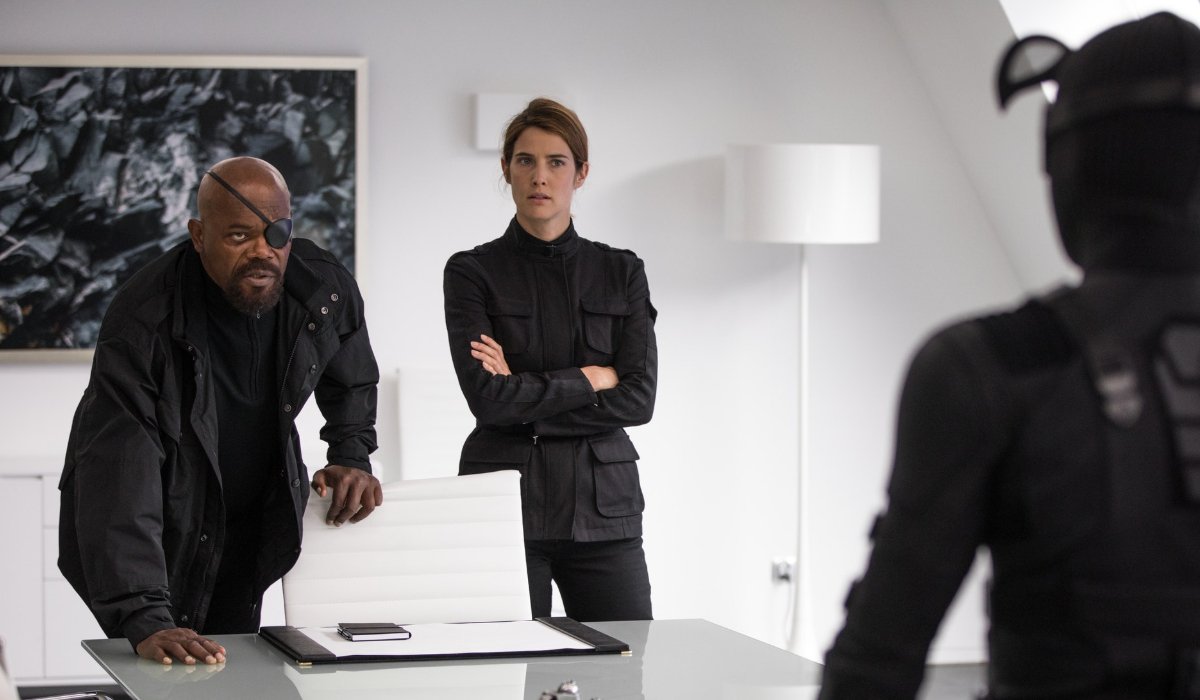
The Problems Between Sony And Marvel'south Spider-Man Partnership
Apparently, things weren't all wine and roses in the partnership that saw Sony and Marvel buddying up to brand the electric current run of films that saw Peter Parker in precarious peril. Fifty-fifty onetime Sony studio chair/Spider-Man franchise producer Amy Pascal had her reservations that the deal would last past Spider-Man: Far From Home'south release, and she shared them as early as 2017.
Information technology also didn't help matters that Pascal and Marvel Studios main Kevin Feige didn't seem to see center to middle on how the independently successful Venom moving-picture show would (or would non) cross over with Spider-Human being and the Marvel Cinematic Universe. All looked happy and productive on the forepart, but there was already problem brewing under the surface.
The ultimate breakdown came when negotiations between both parties came downwards to a handful of cardinal matters: the extent of how time to come Spider-Man films would be co-financed, whether or not this deal would be practical to Spider-Human being spin-offs not included in the MCU, and last merely non least, producers' credits. Which brings us to current history, which sees the Sony/Marvel partnership at an finish, and a somewhat uncertain future on the horizon.
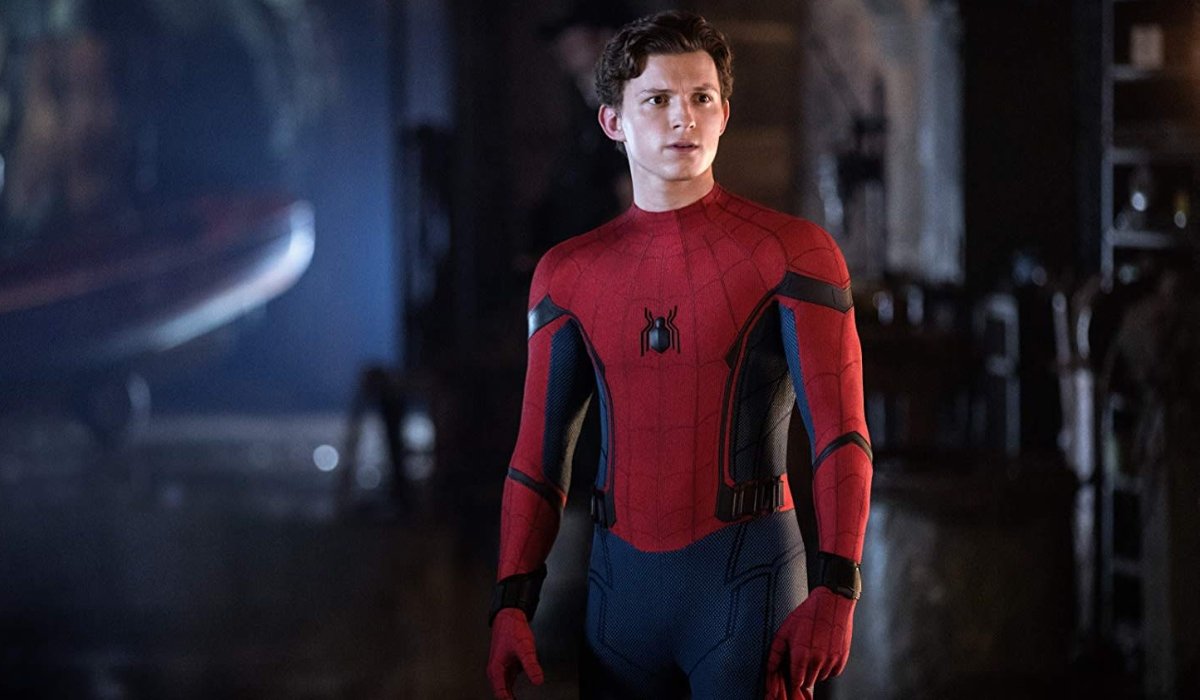
Sony's Potential Time to come With Spider-Homo
While it's non certain that a deal could exist fabricated before the 3rd Tom The netherlands Spider-Human being movie goes into product, there'southward still at least one more entry that Holland and manager Jon Watts are planning to bring to the world. Though if contempo reports are accurate, Marvel Studios may be trying to win Watts over to their side of the fence, in hopes of preventing him from working on the sequel to Spider-Man: Far From Home.
Equally for Tom The netherlands himself, while he's upset over the breakup between Curiosity and Sony, the thespian believes that the future is about to go "bigger and ameliorate" under Sony'south current plans to continue the franchise. Even if it means but the folks in this particular studio's sandbox can play.
In an odd example of symmetry, Marvel Studios' Kevin Feige echoed like sentiments to those that Amy Pascal had shared a couple of years ago. Stating that the partnership "was never meant to last forever," Feige seems resigned to the fate that recent events have dealt to the Spider-Human being property.
In that location is a possibility that this Sony/Marvel breakdown could simply be a way to build the hype effectually whatever the sequel to Spider-Homo: Far From Home will exist. Information technology wouldn't be the strangest idea, nor would it be an unwise one. Simply given the history that already surrounds this item partnership, there's a case to exist made that this was a split up that was cooking for some time.
Hope will always bound eternal, as the rocky road through Tobey Maguire and Andrew Garfield'south tenures as Spider-Man have led to Tom Holland's pretty well-regarded plow in the role. And now that Spidey fans take a Peter Parker that they've e'er wanted, they'll fiercely cling to the promise that he'll return with Marvel Studios along for the ride.
We'll see what happens in the future, but for at present Spider-Man: Far From Home will render to theaters this weekend, with brand new footage added to spice up your Labor Day weekend. If annihilation, you can go see this once more, and think a simpler time when the future looked oh and so bright for Peter Parker.
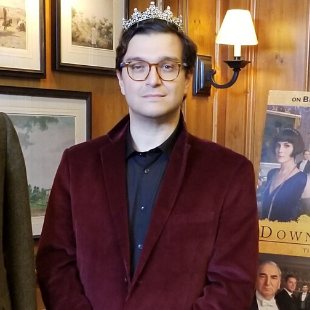
CinemaBlend's James Bond (expert). As well versed in Large Scale Aggressors, time travel, and Guillermo del Toro. He fights for The User.
Source: https://www.cinemablend.com/news/2478884/spider-man-movie-rights-the-history-of-sonys-deal-with-marvel